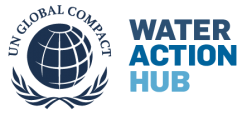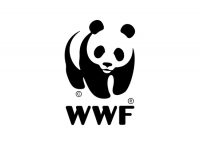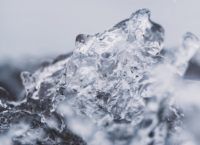Primary Functions
- Learn about Unilever’s strategy to reduce water use and increase reuse, specifically at water-scarce sites and new factories.
Detailed Description
Unilever’s strategy is to reduce water use and increase reuse wherever possible, with a focus on new operations and water-scarce areas. All sites across the business must produce plans for reducing water use and manufacturing sites are actively monitored. Unilever also encourages proposals to improve water efficiency, having allocated nearly US$10million since 2014 for over 100 projects.
Water reuse and closed loop systems offer Unilever an opportunity to minimize their manufacturing water use and the impact on watersheds as the business grows. Unilever focuses on water-scarce sites and also on new factories being built.
Each site across Unilever’s business worldwide must produce its own plan for reducing water use. Within manufacturing sites Unilever are driving an ambitious ecoefficiency plan. To monitor progress, they collect utility cost data via their Environmental Performance Reporting system for each manufacturing site. In addition to this, in 2014 Unilever established a USD $4.5million ringfenced water fund to drive water efficiency in manufacturing operations. Financial criteria for water efficiency projects in water scarce areas were also relaxed. pollution.
The biggest opportunities lie where water savings also represent energy, waste and chemical savings. For example, the Powders Plant in Brazil becoming a zero-liquid discharge site has not only reduced costs by US$33,000 per year but also represents reductions in energy used for abstraction and wastewater treatment.
Looking forward to 2020, Unilever intends to continue working hard to maintain levels of success achieved to date. One target in particular, to halve the water associated with consumer use of Unilever products, requires renewed enthusiasm (in 2016 water impact per consumer decreased just 7% on 2010 levels).







